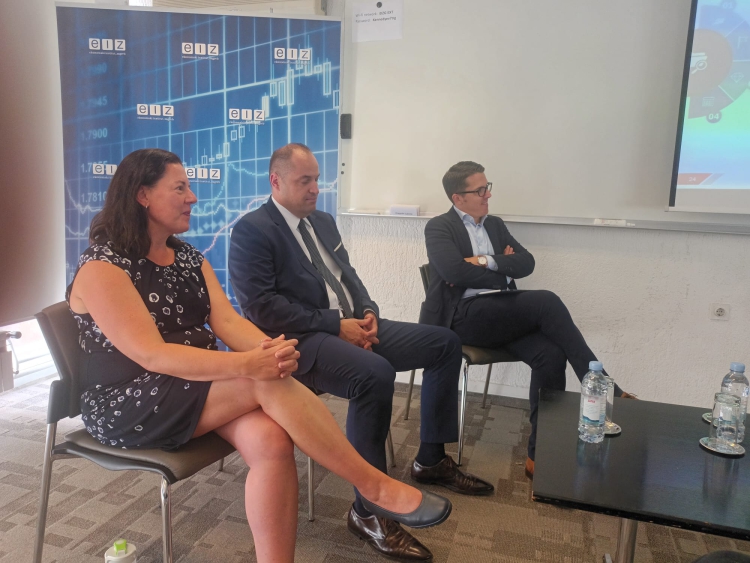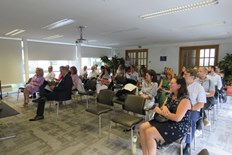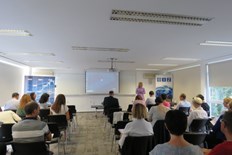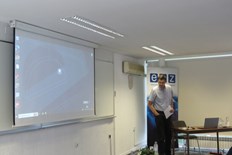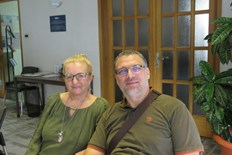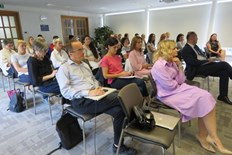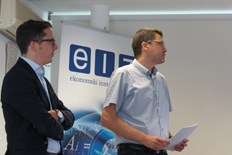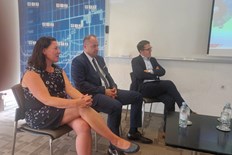The conclusions of the “Evaluation of EU RTD Programs as a Part of Evaluation Culture Development” workshop
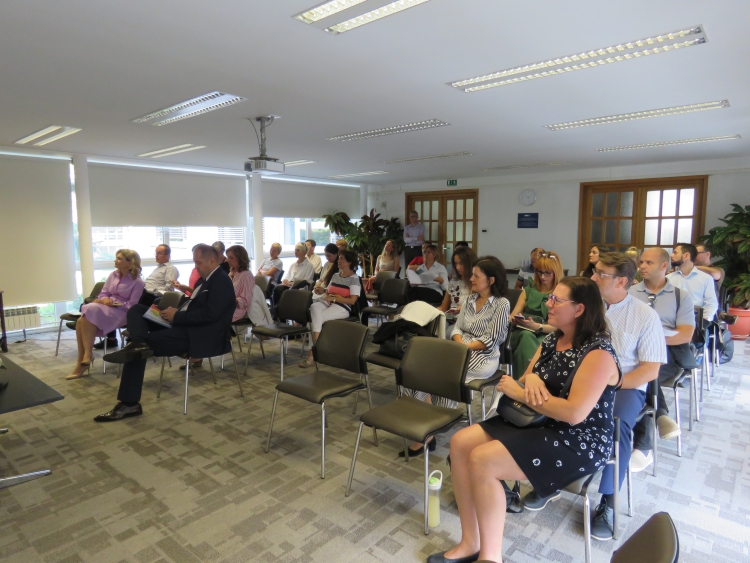
The “Evaluation of EU RTD Programs as a Part of Evaluation Culture Development” workshop, organized by Zoran Aralica, PhD, was held at the Institute of Economics, Zagreb on September 21, 2023.
There were two mutually connected objectives of the event: to provide an answer to the question of how to improve the monitoring and evaluation culture in Croatia and the question of how to improve the monitoring and evaluation practice of the EU RTD in Croatia.
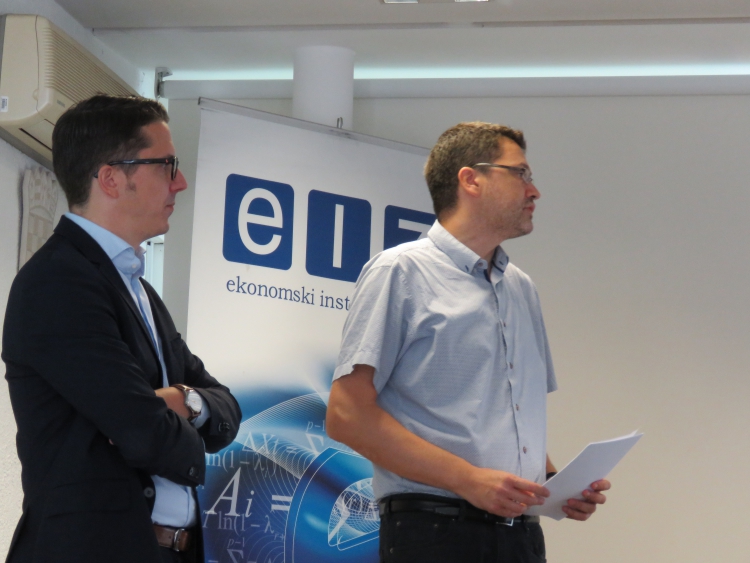
Through the process of Europeanization, i.e., adopting EU practices in Croatia (in this case, the adoption of various forms of evaluation), the evaluation practice becomes complex. Additionally, these practices can comprise evaluation on the EU level or evaluation on national and sub(national) levels. Evaluations can be further differentiated: with national and sub(national) evaluations, greater focus is given to evaluating various project impacts, whereas analyses on the EU level are more focused on a comparative analysis of program implementation.
The event highlighted the importance of the process of programming and preparation for program implementation. The preparation phase includes negotiations and needs analysis and is followed by the ideation phase (collecting data that can support the implementation of evaluation, such as data related to human potential or science industry linkage). Finally, the evaluation programming preparation phase should include risk analysis (e.g., the analysis of state incentives, demographic factors).
The recommendations stemming from this event are related to the need of using the insights gained from the Theory of Change in the context of programming and subsequent evaluation of programs and projects, and the necessary understanding of intervention logic (how a project/program will achieve its goals), regardless of the evaluation areas. The usage primarily refers to the area of program preparation, where the representation of what the individual program wishes to achieve can be produced most clearly. Such an approach undoubtedly facilitates program implementation and evaluation, regardless of its form, and requires raising the competencies of the people in charge of program planning and implementation, as well as those in charge of their monitoring and evaluation.
In addition, the event recommended a higher level of standardization of the evaluation practice in Croatia, which can be helpful for new programming and program implementations, and for strengthening the evaluation culture in general.
The event also supported the activities of the Croatian Evaluators Network, i.e., a mechanism gathering the experts from various fields with a shared aim of transferring knowledge in the area of evaluation. Among its activities, the network focuses its resources on creating short-term trainings and long-term education programs (various subjects at universities and other higher education institutions) in the field of evaluation.
